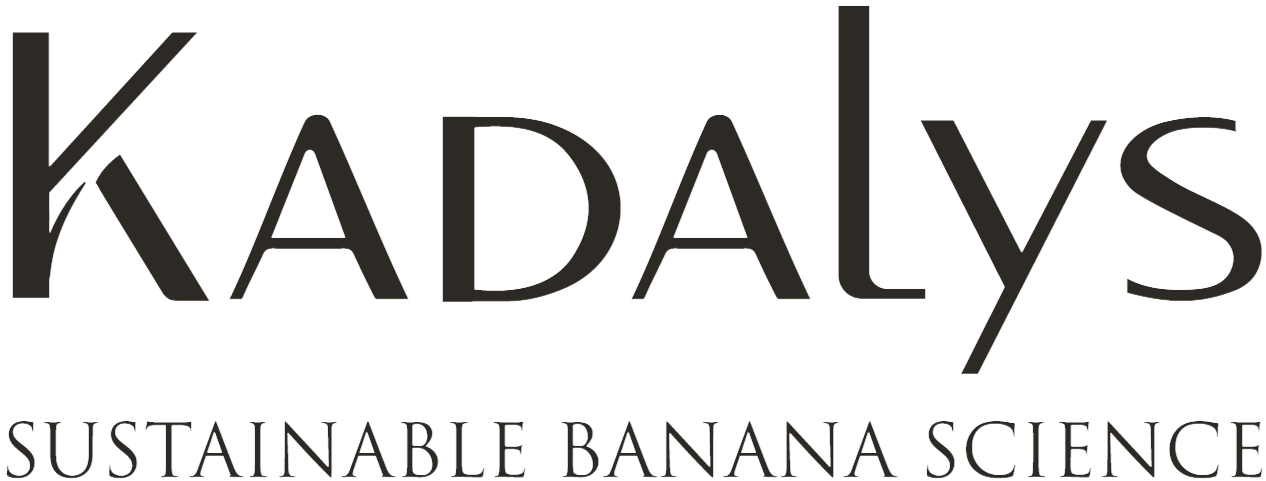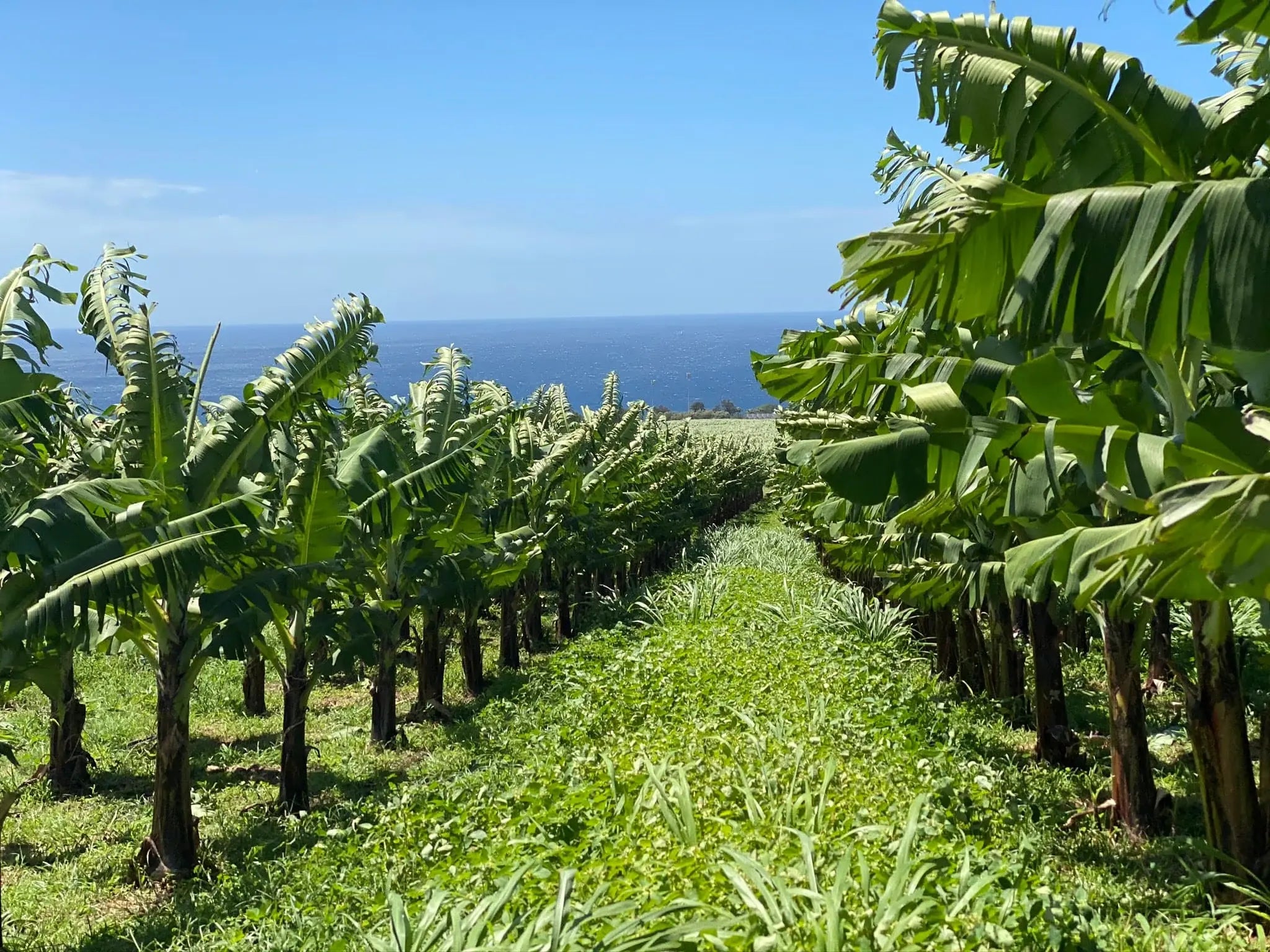
Upcycling : Valoriser pour Préserver notre Environnement
In a world facing significant environmental challenges, upcycling emerges as an innovative solution. Discover how upcycling transforms our relationship with waste, paving the way for a more sustainable future for our planet.
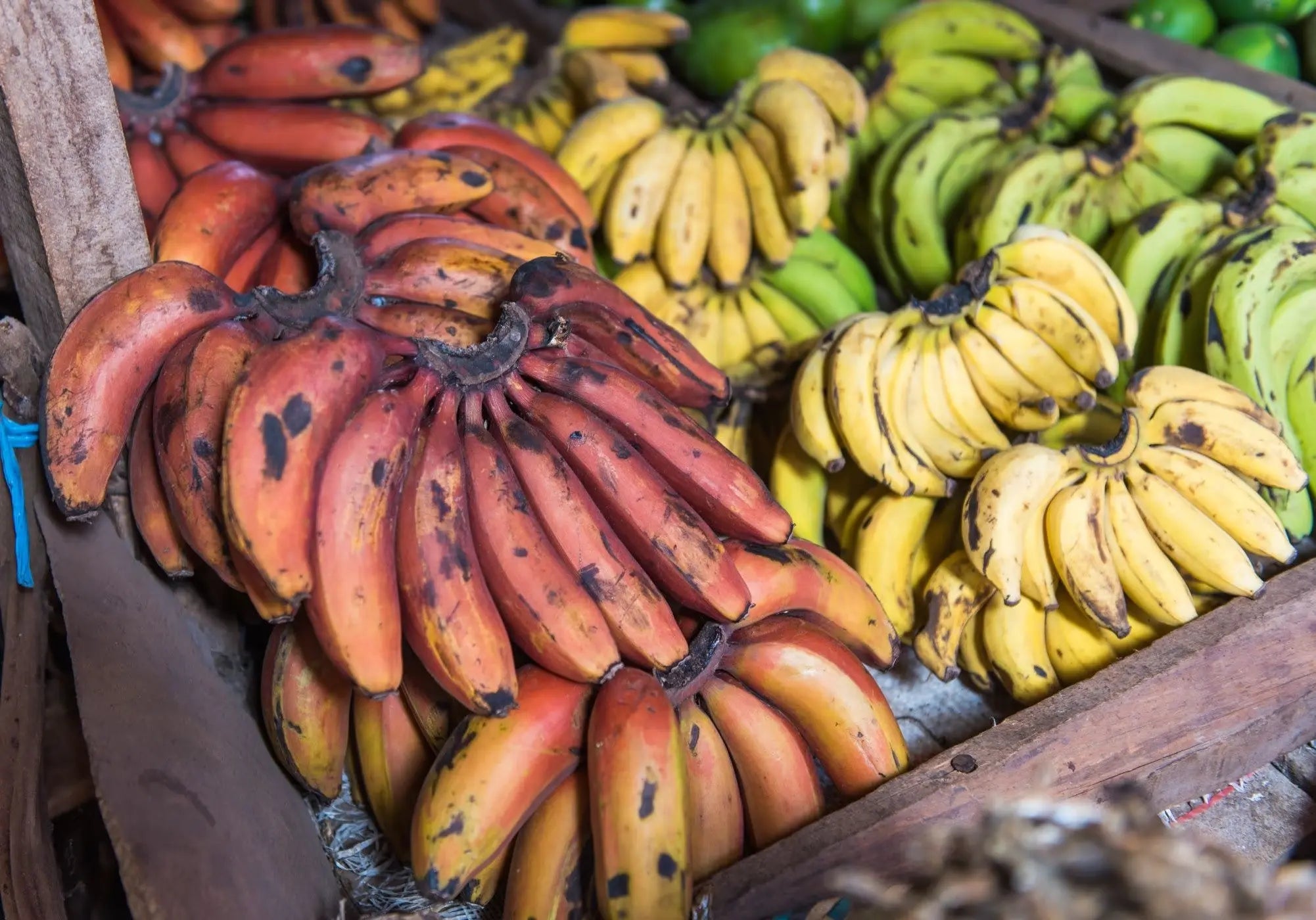
Value to Preserve: Reinventing Agriculture for a Sustainable Future
Agriculture is the cornerstone of humanity, feeding a growing population. However, pesticides and methane emissions from livestock account for more than 18% of global emissions annually.
There is a delicate balance between meeting the nutritional needs of an expanding global population and preserving the health of our planet.
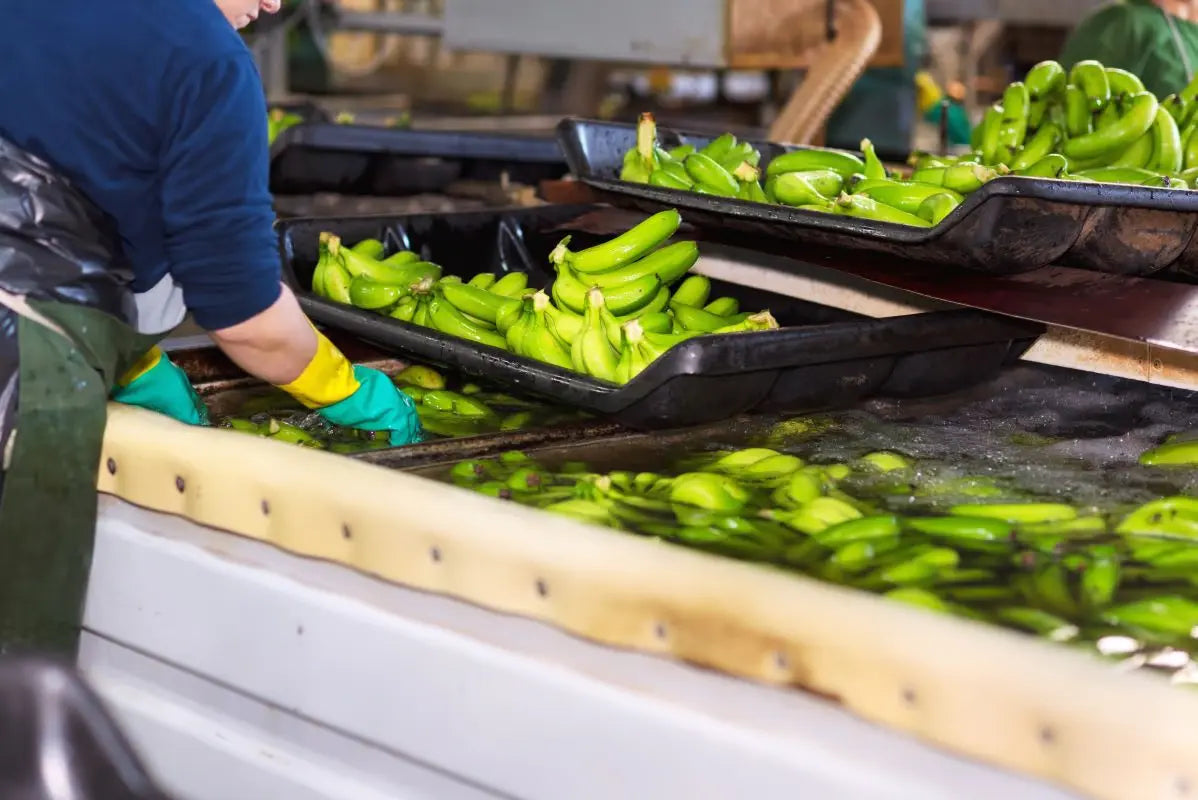
UPCYCLING: DRIVING THE FUTURE OF NATURAL RESOURCE PRESERVATION
“Upcycling” is more than just a trend: it's a transformative movement in waste management. Rather than simply converting materials into similar products, as with traditional recycling, upcycling reimagines waste by turning it into higher-quality, more valuable creations.

The power of upcycling lies in its dual objective: reducing environmental impact while promoting sustainability. This approach fosters creativity and innovation, encouraging everyone—from artisans to large companies—to rethink the use of resources and explore new ways to breathe life into unused materials.

In a global context marked by alarming overconsumption, reducing waste has become imperative. According to the Drawdown project, cutting food waste ranks as the top solution to combat climate change. By utilizing food losses from plantations, such as bananas, through green chemistry, we find sustainable alternatives for the agrochemical industry. This approach avoids competing with human food needs while harnessing resources that are already produced but previously underutilized. It’s about not taking new land at the expense of biodiversity but capitalizing on the expertise of existing agricultural sectors.

Upcycling goes beyond simple recycling. It's a rebirth of materials, a transformation that elevates them to a higher level of quality and function. In a world overwhelmed and often unaware of its choices, upcycling paves the way for more responsible and conscious consumption.
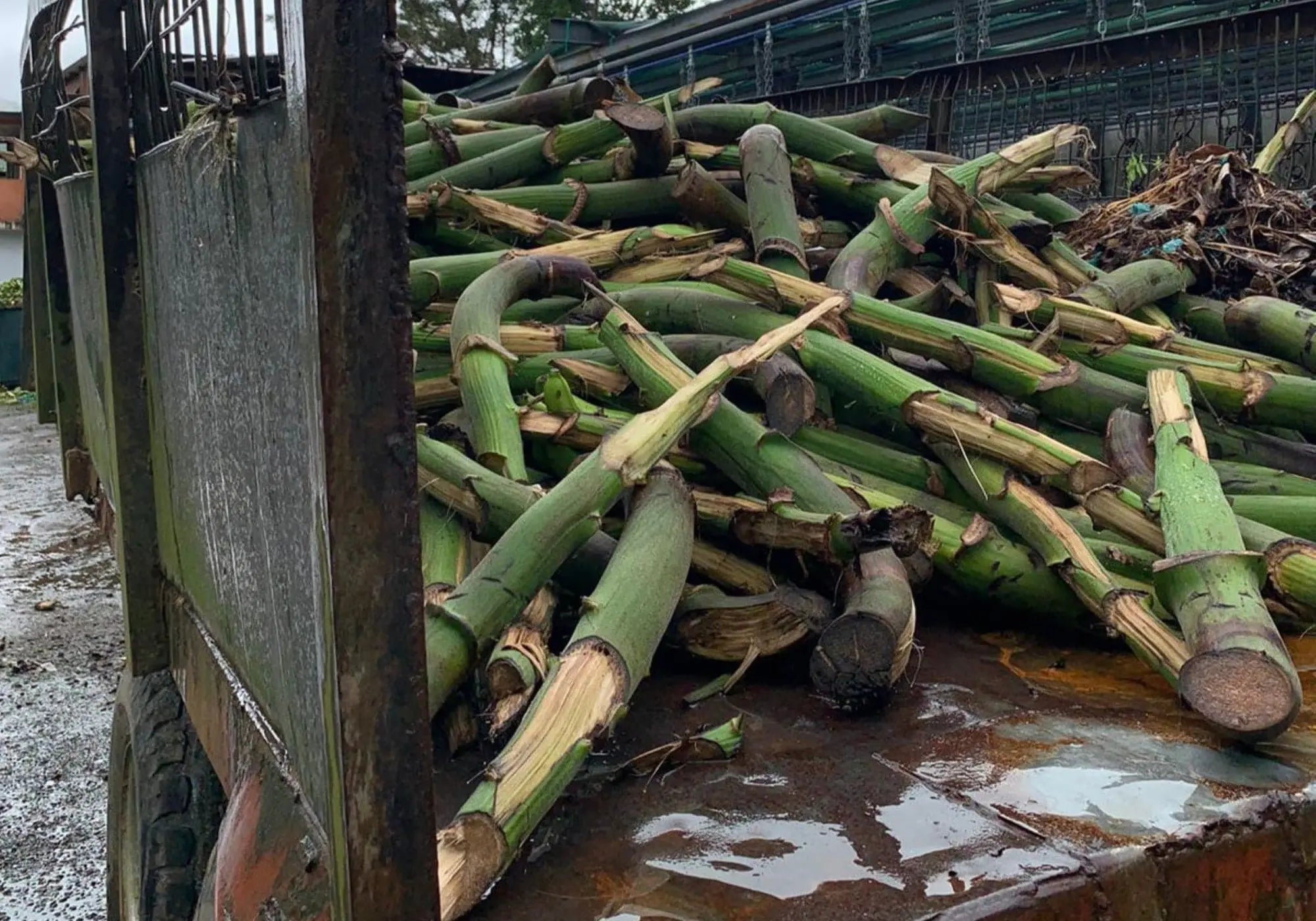
KADALYS IS COMMITTED TO UPCYCLING
Did you know that 100% of the bananas sold in mainland France are produced in Martinique and Guadeloupe? Bananas are the most widely cultivated fruit in the world. Banana plantations continuously generate waste, with around 20% of global production discarded due to strict quality standards or visual imperfections—representing a significant amount of waste. Additionally, by-products from banana cultivation, such as trunks, flowers, and leaves, are often overlooked and underutilized. This presents a major opportunity to promote upcycling and discover creative, sustainable ways to repurpose these materials and agricultural waste, helping to reduce agricultural waste and maximize resources from banana cultivation. The opportunity is here in front of us: reuse, enhance, innovate.

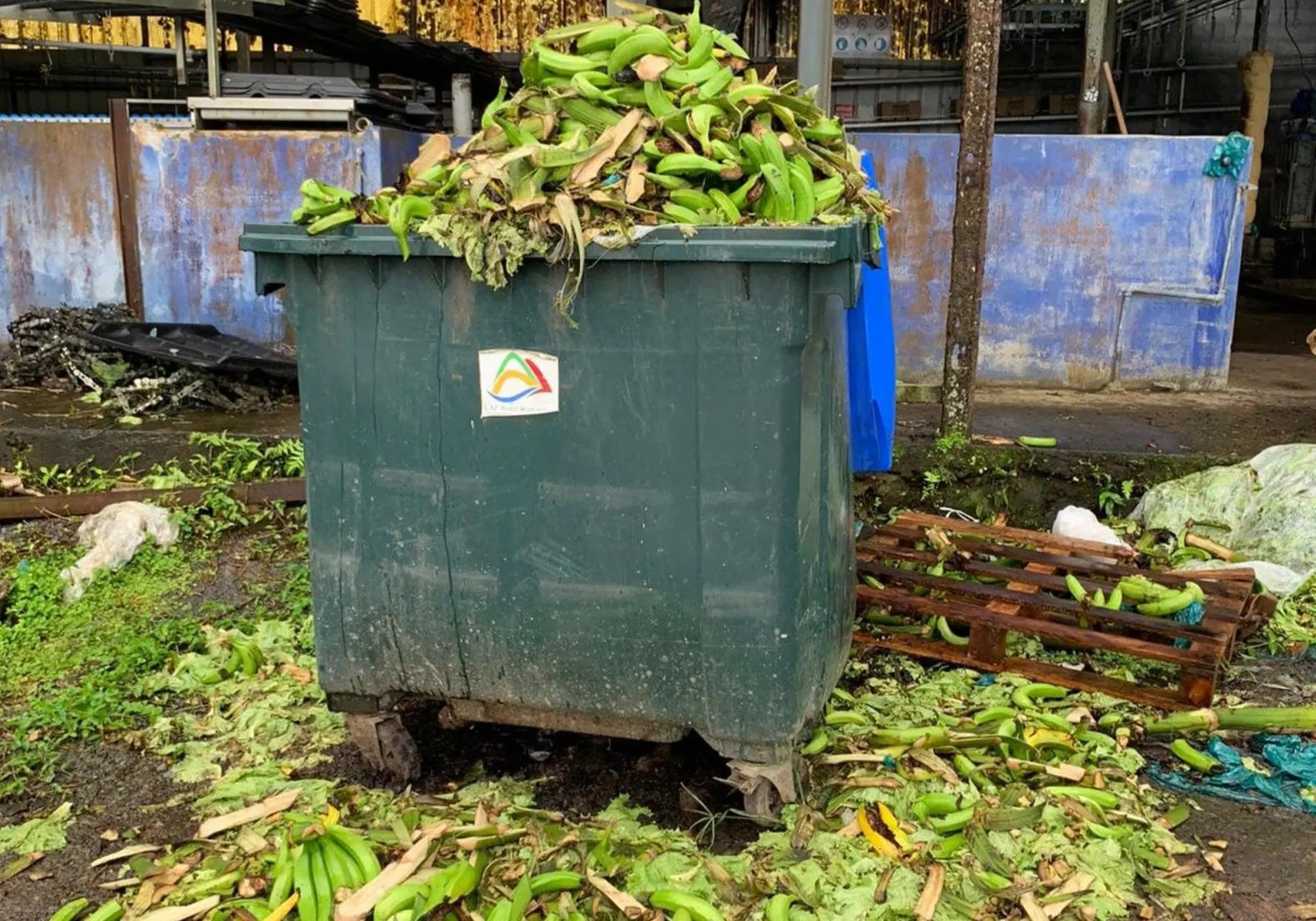
In Martinique, 40,000 tons of bananas are thrown away each year. But instead of viewing them as waste, we see them as an opportunity. By reclaiming these bananas at every stage, from plantation to supermarket, we are building a circular economy where nothing is lost and everything is transformed. By collecting and repurposing these bananas, we create added value—economically, environmentally, and socially.
CLICK & COLLECT
Collect your order in store

FREE DELIVERY
From 40€ purchase in mainland France, Martinique & Guadeloupe

SECURE PAYMENT
Encrypted and Encrypted Transactions

EASY RETURNS
After Sales Service at your service
SAMPLES OFFERED
In every order
